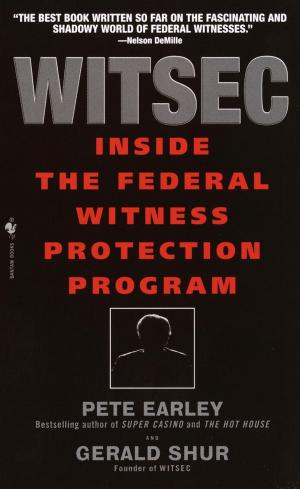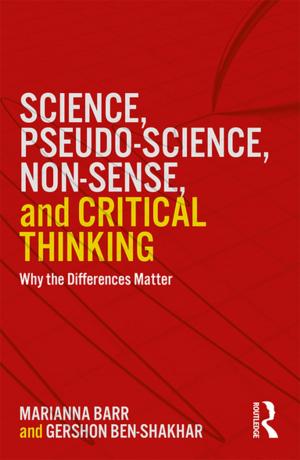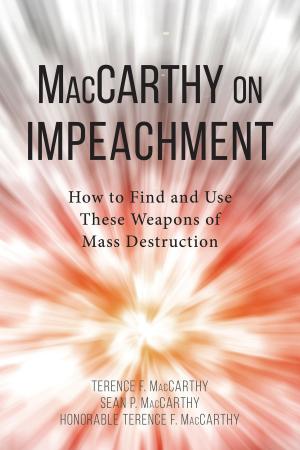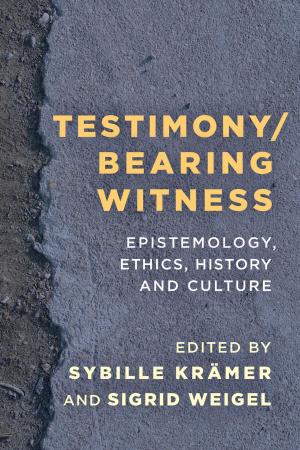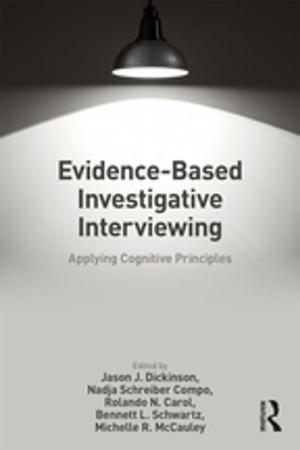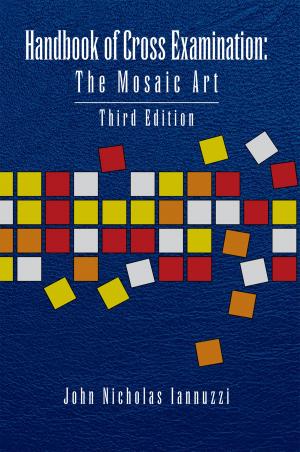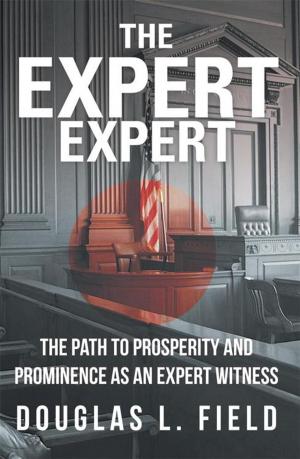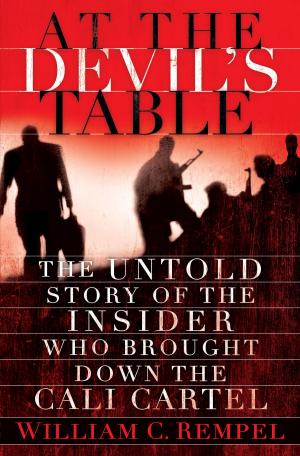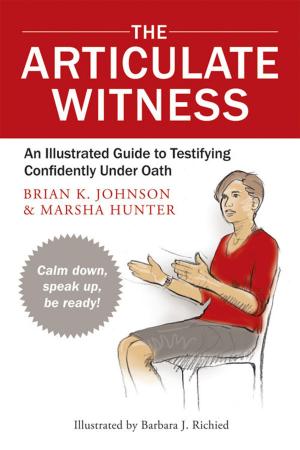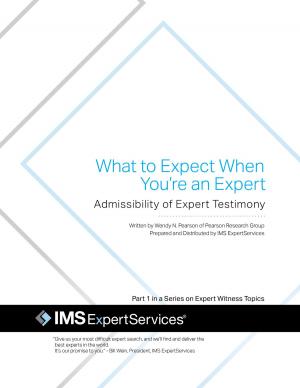Unlocking Memories- Cognitive Interviewing for Lawyers
Nonfiction, Reference & Language, Law, Witnesses| Author: | Geoff Coughlin | ISBN: | 9781783582341 |
| Publisher: | Ark Group | Publication: | February 22, 2016 |
| Imprint: | Language: | English |
| Author: | Geoff Coughlin |
| ISBN: | 9781783582341 |
| Publisher: | Ark Group |
| Publication: | February 22, 2016 |
| Imprint: | |
| Language: | English |
Would you like to know how to elicit 40% more information from your witnesses, saving time and money? Whether you're a solicitor, barrister or legal executive, this comprehensive toolkit will help you master the cognitive interviewing technique. Written by cognitive interviewing expert and trainer to litigators involved in the Bloody Sunday and Shipman inquiries, Geoff Coughlin, this practical guide will teach you how to: Obtain the right information, faster and more efficiently Eliminate the need for re-interviewing Address specific common interview challenges, as identified by solicitors in the field Discover how to uncover lies and deceit based on the latest most reliable indicators Uncover more useful information in less time You'll also gain hints and tips on how to prepare for your witness interview and take notes during it. You'll take away knowledge on how to adapt your communication style for this purpose, and use Neuro-Linguistic Programming (NLP) techniques to decipher memory recall patterns. The problem is widespread. According to a Law Society survey, 95% of lawyers have some negative stress in their jobs, and 17% say that this is extreme. Lawyers feel overloaded with work, unappreciated, isolated, and unsupported; many complain of unattainable targets, poor pay, and long hours. And while many firms say they have programmes in place that are geared towards improving the wellbeing of staff, 66% of lawyers say they would be concerned about reporting feelings of stress to their employer because of the stigma involved. Nobody wishes to be seen as a weak link in the chain of a professional practice. A solution won’t be found overnight. This book is designed to encourage lawyers and firms to think more about the question of stress, how to recognise it in others and themselves, and how to take action before it becomes excessive. It is written for lawyers everywhere – regardless of location or career level.
Would you like to know how to elicit 40% more information from your witnesses, saving time and money? Whether you're a solicitor, barrister or legal executive, this comprehensive toolkit will help you master the cognitive interviewing technique. Written by cognitive interviewing expert and trainer to litigators involved in the Bloody Sunday and Shipman inquiries, Geoff Coughlin, this practical guide will teach you how to: Obtain the right information, faster and more efficiently Eliminate the need for re-interviewing Address specific common interview challenges, as identified by solicitors in the field Discover how to uncover lies and deceit based on the latest most reliable indicators Uncover more useful information in less time You'll also gain hints and tips on how to prepare for your witness interview and take notes during it. You'll take away knowledge on how to adapt your communication style for this purpose, and use Neuro-Linguistic Programming (NLP) techniques to decipher memory recall patterns. The problem is widespread. According to a Law Society survey, 95% of lawyers have some negative stress in their jobs, and 17% say that this is extreme. Lawyers feel overloaded with work, unappreciated, isolated, and unsupported; many complain of unattainable targets, poor pay, and long hours. And while many firms say they have programmes in place that are geared towards improving the wellbeing of staff, 66% of lawyers say they would be concerned about reporting feelings of stress to their employer because of the stigma involved. Nobody wishes to be seen as a weak link in the chain of a professional practice. A solution won’t be found overnight. This book is designed to encourage lawyers and firms to think more about the question of stress, how to recognise it in others and themselves, and how to take action before it becomes excessive. It is written for lawyers everywhere – regardless of location or career level.

